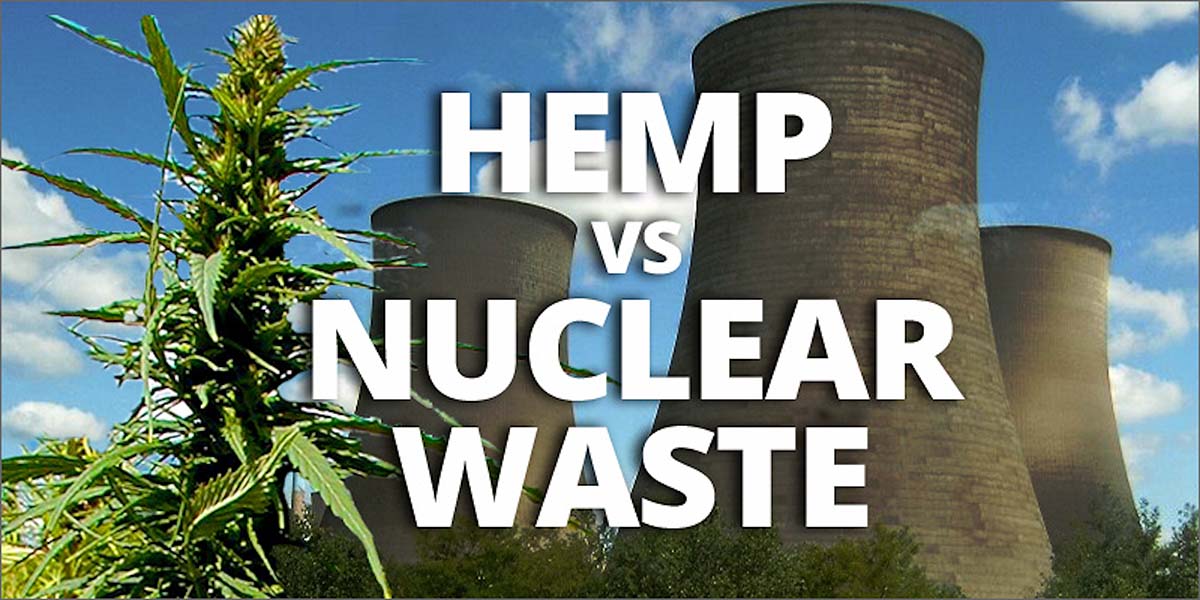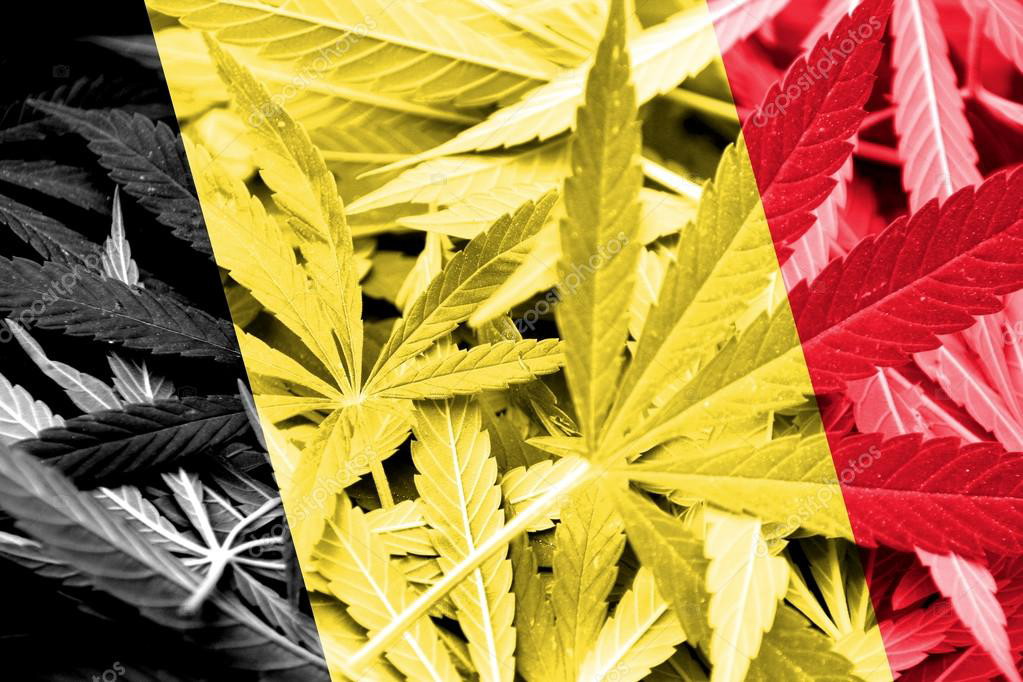
Hemp for Nuclear Waste Remediation
Hemp, a variety of cannabis sativa, is known to have several industrial and environmental applications. Recent research has suggested that hemp can be used in nuclear waste remediation. The plant’s ability to absorb heavy metals and other toxic substances makes it a promising candidate for phytoremediation of contaminated soils. Hemp’s potential for nuclear waste remediation not only provides a sustainable solution for the storage and disposal of nuclear waste but also helps in reducing the environmental impacts of nuclear waste.
Nuclear Waste and Its Environmental Impacts
Nuclear waste is a highly toxic and hazardous substance that can cause severe environmental damage if not managed properly. The waste is generated from nuclear power production, nuclear weapons production, and research activities. The environmental impacts of nuclear waste include soil contamination, water pollution, and air pollution. Radioactive waste can remain radioactive for thousands of years, making long-term storage and disposal a significant challenge.
Hemp’s Bioremediation Abilities
Hemp has the ability to absorb and store heavy metals and other contaminants from the soil, a process known as bioremediation. The plant’s roots can penetrate deep into the soil, absorbing toxins and pollutants. Once absorbed, these contaminants are stored in the plant’s tissues, making it an effective tool for soil remediation. Hemp’s bioremediation abilities have been demonstrated in several studies, making it a promising candidate for nuclear waste remediation.
Hemp’s Phytoextraction Properties
Phytoextraction is the process by which plants absorb and accumulate heavy metals from the soil. Hemp has been found to have high levels of metal tolerance and can accumulate high levels of heavy metals such as cadmium, lead, and mercury. The plant’s ability to accumulate these metals makes it a potential candidate for phytoextraction, a process that can be used to remediate contaminated sites.
Hemp’s Advantages Over Traditional Remediation Methods
Traditional methods of soil remediation, such as excavation and incineration, can be expensive and harmful to the environment. Hemp offers several advantages over these traditional methods. For instance, it is a low-cost method of soil remediation, and it does not require the use of heavy machinery. Additionally, hemp is a sustainable and renewable resource that can be grown and harvested on-site.
Hemp’s Role in Phytoremediation
Phytoremediation is the process of using plants to remove pollutants and other contaminants from the soil or water. Hemp’s bioremediation and phytoextraction properties make it a suitable candidate for phytoremediation. The plant can be used to remediate contaminated groundwater, surface water, and soil. Hemp’s ability to remediate nuclear waste could provide a sustainable solution for the disposal and storage of radioactive waste.
Hemp’s Effectiveness in Heavy Metal Removal
Hemp has been found to be effective in the removal of heavy metals from contaminated soils. Studies have shown that hemp can remove up to 90% of heavy metals from contaminated soils. These heavy metals are stored in the plant’s tissues, making it an effective tool for soil remediation. Hemp’s effectiveness in heavy metal removal makes it a promising candidate for nuclear waste remediation.
Challenges and Limitations in Using Hemp for Remediation
There are several challenges and limitations in using hemp for soil remediation. One of the challenges is the plant’s ability to accumulate contaminants without becoming toxic itself. Additionally, the plant’s ability to remediate different types of contaminants may vary, making it important to identify the specific contaminants present in the soil. Hemp’s ability to remediate radioactive waste is also limited by the availability of land and regulations around the use of hemp for phytoremediation purposes.
Hemp’s Potential for Radioactive Soil Cleanup
Hemp’s potential for radioactive soil cleanup is significant. The plant’s ability to absorb and store heavy metals and other contaminants makes it an effective tool for the phytoremediation of contaminated soils. Furthermore, hemp can be grown and harvested on-site, reducing the need for transportation and lowering the cost of remediation.
Future Prospects of Hemp in Nuclear Waste Remediation
The future prospects of hemp in nuclear waste remediation are promising. The plant’s ability to remediate contaminated soils and water provides a sustainable and cost-effective solution for the storage and disposal of nuclear waste. However, further research is needed to identify the specific contaminants that hemp can remediate effectively and the optimal growing conditions for the plant.
Hemp’s Role in Sustainable Remediation
Hemp’s potential for nuclear waste remediation provides a sustainable solution for the disposal and storage of radioactive waste. The plant’s bioremediation and phytoextraction properties make it an effective tool for soil remediation, reducing the environmental impacts of nuclear waste. While hemp’s use for phytoremediation is still in the early stages of development, the plant’s potential for soil remediation is significant, providing a promising future for sustainable remediation.
References and Further Reading
- “Hemp and the Environment.” Ministry of Hemp, 16 Mar. 2020, ministryofhemp.com/hemp-environment/.
- “Phytoremediation of Heavy Metals: A Review of Recent Advances and Future Prospects.” Journal of Environmental Management, vol. 214, 2018, pp. 20-30., doi:10.1016/j.jenvman.2018.03.012.
- “Phytoremediation of Soils Contaminated with Heavy Metals: A Review.” Journal of Environmental Management, vol. 181, 2016, pp. 562-572., doi:10.1016/j.jenvman.2016.06.047.
- “Radioactive Waste.” U.S. Environmental Protection Agency, 11 May 2020, www.epa.gov/radiation/radioactive-waste.
- “Remediation of Heavy Metal Contaminated Soil Using Hemp (Cannabis Sativa L.) – Preliminary Results.” Journal of Elementology, vol. 26, no. 2, 2021, pp. 363-375., doi:10.5601/jelem.2020.25.3.1989.













